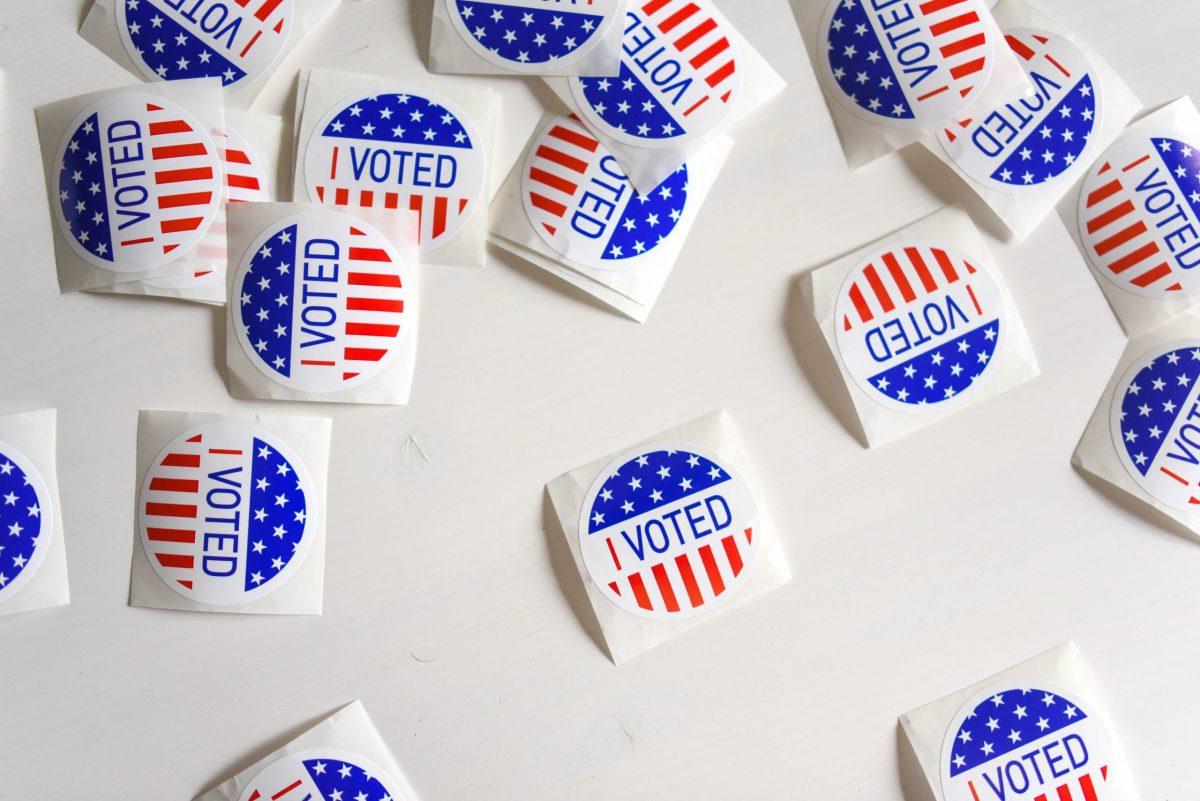In this upcoming election, like many other Americans, my vote will be statistically insignificant. I am from Monmouth County, New Jersey, which sits inside the state’s fourth congressional district. My congressman, Rep. Chris Smith, is perhaps most notable for the fact that he is one of the longest serving members of the House of Representatives. He has consistently dominated in every election, winning with somewhere between 10 and 20 percentage points every year since he was first elected over 40 years ago.
This situation is surprisingly common across the United States where only about 10% of districts are considered competitive during the general election. This sort of election history is unlikely to inspire any first time voter. Regardless, like so many others on this campus, I will fill out my registration, apply for my absentee ballot and I will vote. Personally, I find myself incredibly frustrated by those who choose to intentionally resign from this civic obligation.
One of the common reasonings given by those choosing not to vote is that they disagree with the platforms and positions of the two major parties. They believe that neither party is radical enough and refuse to vote out of frustration over the quality of candidates. Those actions, however, are fundamentally contradictory with that belief. I wish to remind the people who feel this way that voting is one of the few ways in which you can express your dissatisfaction with the government. If you believe that the Democratic Party or the Republican Party are too centrist, vote in your primaries. Make your opinion known when it actually counts. Frustration with the way the government runs is cause for greater political engagement: if you want to break the system, you have to beat it. At the very least, vote for a third party candidate, state your opinion, let your opposition to the field be known. The only thing that is expressed by your absence is absence of opposition to the current system.
Now to those who believe their vote does not matter. I am not attempting to sell you on a fantasy that your vote will be the one to tip the final scale. As much as I enjoy “The West Wing” and romanticizing politics, the reality is that unless you are in one of the few remaining competitive districts across the country, your vote will likely have a very minimal impact on this election. The only way to change the next election, however, is to vote in this one. If you believe that your district will never flip parties, the only way to test this belief is to vote. By voting in this election, you make sure that people ‘ will not forget that there are others left in this district who still care about the issues that you do. This may motivate more people like you to vote in the following elections, and perhaps you will see change sooner than you think. Also, you shouldn’t underestimate the importance of local elections. Unlike federal or state elections, local elections are often won by hundreds of votes or less. Local Elections also are responsible for electing candidates who will make the decisions that have the most direct impact on our lives. So, if you refuse to vote because you believe your vote doesn’t matter, then vote local where your choice can have a significant impact.
There are legitimate reasons for not voting. If our government system has genuinely been set up against you: if you would face significant economic or physical burdens from attempting to vote, choosing to abstain is valid. Additionally, it can be powerful to protest the vote from a place of generational hardship, out of hatred for a government that has refused to serve you as a citizen of this nation. I possess great privilege in the sense that my vote has never been diminished or called into question in any recent history. So, to those who believe that our voting system isn’t legitimate enough to participate in, I ask you to find other ways to participate in our democracy: sign petitions, attend local political meetings, volunteer for causes you believe in. Far too many people, however, choose to abandon their right to vote for contrary reasons. Voting is one of the fews ways in which nearly everyone can make change in the government. And while voting can make change, refusing to participate leaves your voice unheard, and the status quo intact. If you find yourself in one of the hundreds of uncompetitive districts this November, know that your vote still matters. The impact of our votes goes far beyond the visible results of this election. So, register online, post your ballots, or head off to the polls, do whatever you need to, and vote.




